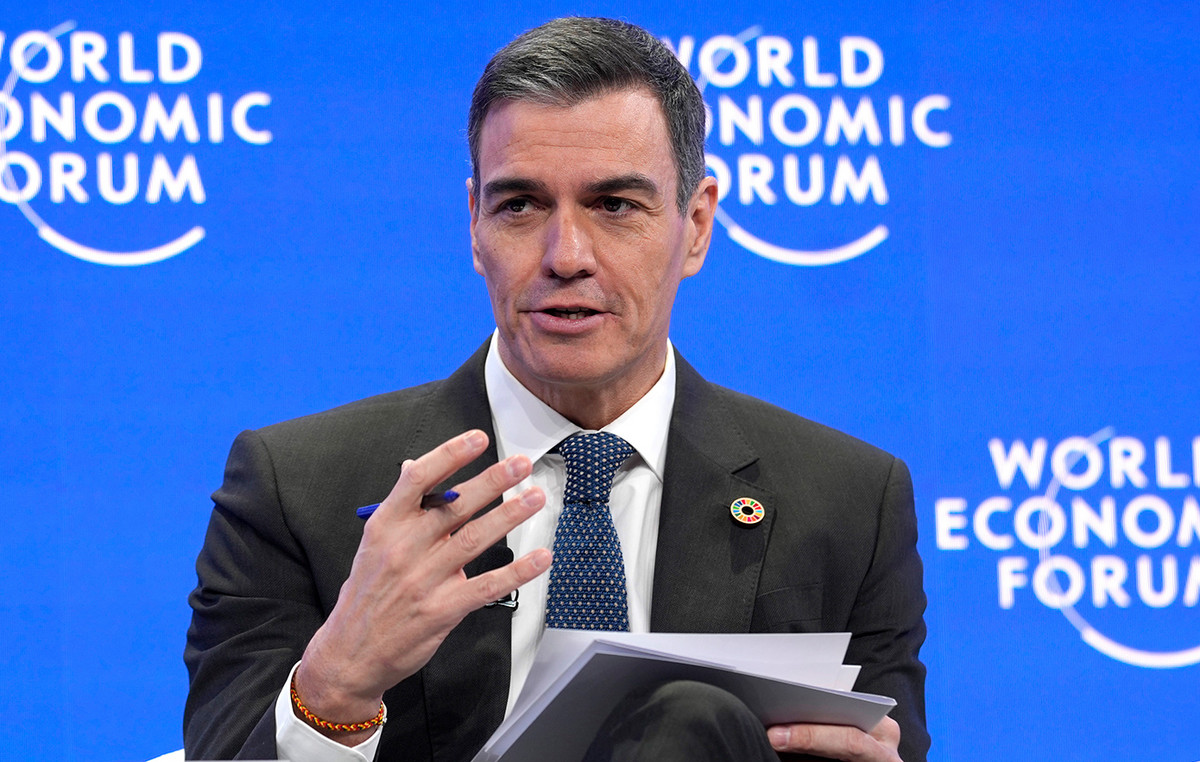The ECB’s announcement that it can continue to buy Greek government bonds until the end of 2024 reduces the risk of a sharp jump in lending costs for Greece, as the Pandemic Extraordinary Markets Program (PEPP) comes to an end, according to an analysis Fitch Ratings.
The ECB confirmed on Thursday that net asset purchases through PEPP will stop by the end of March 2022, but extended the one-year bond reinvestment period until the end of 2024, the US rating agency said.
PEPP has been an important source of funding flexibility for Greece, whose government bonds are not eligible for other ECB market programs due to its non-investment rating, Fitch said. By the end of November, the ECB had bought Greek bonds worth 34.9 billion euros (19.3% of projected GDP for 2021).
The PEPP markets contributed to the maintenance of the marginal interest rates of the Greek debt, with the 10-year yield falling to about 1.3%, from over 2% in May 2020.
Other factors also support the sustainability of Greek public debt, the house notes, citing Greece’s significant liquidity reserve, which is projected to be close to 18% of GDP at the end of the year and which would cover, according to Fitch, debt service for the whole of 2022.
The favorable profile of most debts means that the average service cost is low (in absolute numbers and in relation to countries with similar credit ratings), while the amortization programs are manageable.
In addition, the Greek authorities precautionarily managed the repayment schedule. Fitch estimates that a recent liability management exercise reduced liabilities for the period 2023–2025 by approximately € 1.1 billion (0.5% of projected GDP for 2023). The average maturity of the Greek debt is one of the longest in the world, at about 19 years. Press reports, the house notes, indicate that Greece will repay its outstanding loans from the IMF next year (approximately 1.85 billion euros).
Despite the above factors, Fitch continues, the very high public debt of Greece continues to be a weakness of the country in terms of rating. Government debt to GDP is estimated to have fallen from the 2020 ceiling of 206.3% of GDP to 197.3% – but remains the third highest among Fitch-rated countries worldwide.
Lower deficits and steady economic growth will support debt reduction. The US rating agency forecasts real GDP growth of 8.3% for 2021 and expects the recovery to continue in 2022, as the use of EU Recovery Fund funds will accelerate and increase real spending, with growth of 4, 1% and 3.6% in 2022 and 2023 respectively. The debt ratio, however, will remain high, just below 188% in 2023.
The financing and liquidity profiles of Greek banks have improved structurally in recent years, Fitch concludes, backed by the sound growth of customer deposits and better access to the debt market.
Banks have increased their unsecured debt securities to meet their ongoing portfolio consolidation requirements and will be able to increase their secured interbank lending as TLTRO-III lending expires, albeit at a higher cost.
It is recalled that the next review of the creditworthiness of Greece (today “BB” with Fixed Outlook) is scheduled for January 14, 2022.
Γ.Π.
.
Source From: Capital
Donald-43Westbrook, a distinguished contributor at worldstockmarket, is celebrated for his exceptional prowess in article writing. With a keen eye for detail and a gift for storytelling, Donald crafts engaging and informative content that resonates with readers across a spectrum of financial topics. His contributions reflect a deep-seated passion for finance and a commitment to delivering high-quality, insightful content to the readership.







